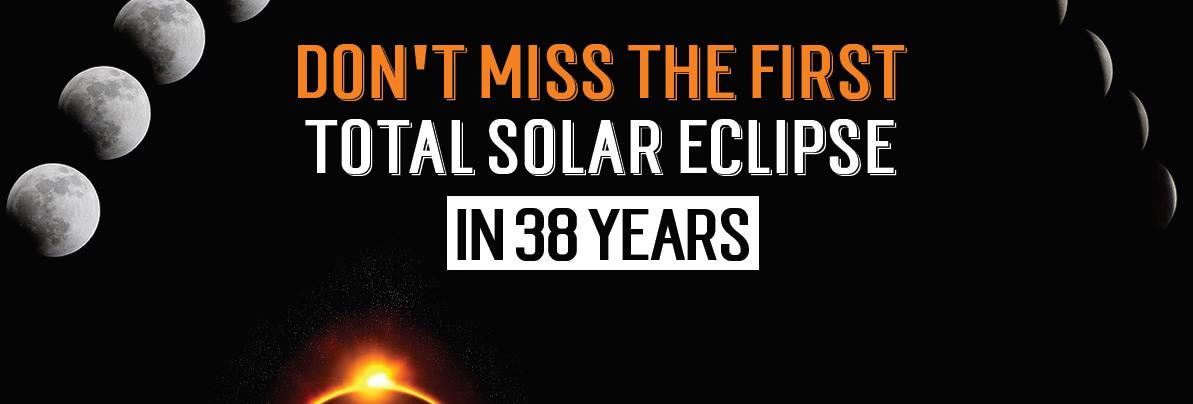Who we’re looking for:
As a Receptionist/Optometric Assistant, you will be the first point of contact for our patients! We are looking for a friendly, warm face to welcome patients and offer administrative support across the practice.
This is a full time Receptionist/Optometric Assistant position. Experience in the optical or eye care industry is not required but would be an asset. Training will be provided to the successful candidate to ensure a smooth and successful start with our practice. Our office is open Monday – Friday from 9am – 5pm, closed on weekends and all statutory holidays.
Your day-to-day will include:
- Greeting and attending patients in person and via the phone
- Professionally assisting doctors, staff, visitors and patients
- Answering all phone calls in a professional and courteous manner
- Scheduling appointments between Optometrist and patients/Opticians and patients
- Liaison between departments, specialist/ophthalmologist offices, and pharmacies with discretion and professionalism
- Telephone triage of eye care emergencies
- Complete accurate documentation of patient visits, maintaining patient records (electronic and paper), updating patient demographic information
- Ensuring that stock levels are adequate and orders are timely
- Communicate medical information and results to patients (under clinical supervision)
- General accounting, billing to patients, billing to insurance companies
- Ensuring the reception area is tidy
- Receiving, sorting and distributing daily e-mails, mail and deliveries
- Maintaining business inventory such as office supplies, eye drops, and contact lenses
- Scheduling maintenance and repair of office equipment
- Updating calendars and scheduling meetings
- Performing all duties within HIPPA regulations, maintaining confidentiality of all doctor, staff and patient information
Requirements:
- High School Diploma or GED Required
- 1 year + reception/customer service experience is ideal
- Experience in the optical or eye care industry is not required but would be an asset
- Great communication and interpersonal skills
- Ability to adapt to a fast-paced and often-changing work environment
- Familiarity with computers and an ability to adapt to and learn new technology and software
A little bit about us:
Spectrum Eyecare & Eyewear was founded in 1976 by Dr. Peter McGuigan and we have been helping High River and surrounding area SEE for over 40 years! The practice has had locations in downtown High River before moving to its present home on 3RD Ave in January of 2019.
Dr. Tannis Shakya joined the practice as an associate in January of 2004, and became a partner in February 2006. Dr. Shakya maintains custody of Dr. McGuigan’s patient files following his retirement in April of 2022. Dr. Karlie Tweed joined the practice full-time in August 2023.
We offer a full range of eye health services to clients of all ages – from comprehensive eye health assessments, ocular disease diagnosis and treatment, post-operative care, contact lens evaluation and more – all with personalized attention and a smile.
Please forward us your resume (office@spectrumeyecare.ca) or drop by in person if you are interested in joining our team!
.ecp-button.ecp-instance-bBjaGqfTrx{display:inline-flex;color:##000000!important;}.ecp-button.ecp-instance-bBjaGqfTrx:hover{color:!important;}.ecp-button.ecp-instance-bBjaGqfTrx .ecp-icon .ecp-icon-svg{color:!important;fill:!important;}.ecp-button.ecp-instance-bBjaGqfTrx:hover .ecp-icon .ecp-icon-svg{color:!important;fill:!important;}.ecp-button.ecp-instance-bBjaGqfTrx .ecp-icon i{color:!important;fill:!important;}.ecp-button.ecp-instance-bBjaGqfTrx:hover .ecp-icon i{color:!important;fill:!important;}body.ecp-breakpoint-medium .ecp-button.ecp-instance-bBjaGqfTrx{display:inline-flex;}body.ecp-breakpoint-small .ecp-button.ecp-instance-bBjaGqfTrx{display:inline-flex;} Email Us!

